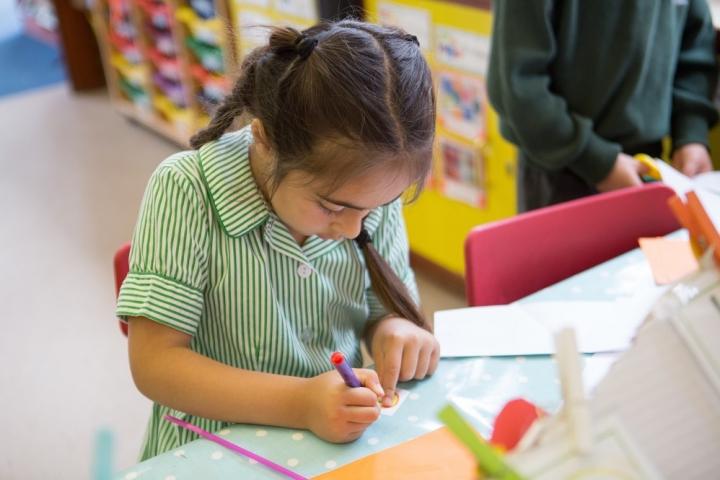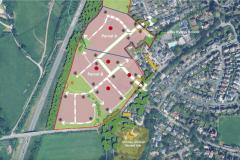
Promotional Feature
We spoke to Jess Ollier, the Head of Juniors at Terra Nova School, who had some great tips and advice on how to help your child with their homework.
As we all settle back into the school routine, we know it won't be long before the arrival of homework – too often a bone of contention. As a parent I know how difficult this can be but as a teacher, how important it is to get right. Children are more successful in school when parents take an active interest in their homework – it shows them what they do is important. As Head of Juniors at Terra Nova School, I would like to offer some advice on how to handle homework with nurture and support.
Set up a homework-friendly area
Younger children need to do their homework somewhere near to you so that you can provide encouragement and assistance. The kitchen or dining room table is a good choice. Older children might prefer to retreat to their rooms, but check in periodically and review the homework when it's completed. Wherever your children complete their homework, it's important to make sure their workspace is:
- well-lit
- comfortable
- stocked with school supplies (pens, pencils, paper, stapler, calculator, ruler, etc.) and references (dictionary, thesaurus)
- quiet and free from distractions — TV, video games, phone calls, or other family members
If your child needs a computer for a particular piece of homework, try to set it up in a common space, not in a bedroom, so you can discourage playing games, chatting with or emailing friends, or surfing the internet for fun during homework time.
Schedule a regular study time
Find a time that works for you and your child. Some children work best in the afternoon following a snack and play period; others may prefer to wait until after dinner. What works for one child may not for another even within your own family.
Keep distractions to a minimum
This means no TV, loud music, or phone calls. (Occasionally, though, a phone call to a classmate might prove helpful or even necessary.)
Be Involved. Be a motivator and monitor
Getting started is often the hardest part of any task. Talk through the homework with your child. Make sure they understand the work they need to do. Helping them to break down the task into manageable sections can make the homework appear less daunting.
Ask about test results. Give encouragement, check completed homework, and make yourself available for questions and concerns.
Make sure your child does their own work. They won't learn if they don't think for themselves and make their own mistakes. Parents can make suggestions and help with directions, but it is crucial that your child does the learning for themselves. Resist the urge to provide the right answers or complete assignments. Focus on helping children develop the problem-solving skills they'll need to get through this assignment and any others, and offer your encouragement as they do. They'll develop confidence and a love of learning from doing it themselves.
Make sure they have enough time to complete the work
Many children do not work as well when up against the clock. Therefore just making sure there is plenty of time available to get the work done. If your child is new to homework it is worth considering doubling any time estimates until you have a better understanding of how long homework usually takes.
Communicate with us
If your child is having difficulty completing a piece of homework make a note in your child's planner or speak to the teacher who has set it. Teachers are there to help but can't help if they don't know there is a problem.
Stay calm!
If homework is causing friction then try to keep calm. This is not always easy especially when a child refuses to use any of the tips listed above (insists they can do their homework just before bedtime, while watching their favourite program and playing a game with a sibling etc.). Getting angry about it only makes you feel worse and often has no effect on getting the homework done. The more positive you can be about homework in general the better. Praise your children when they have completed the work they have to do. A little encouragement can go a long way.







